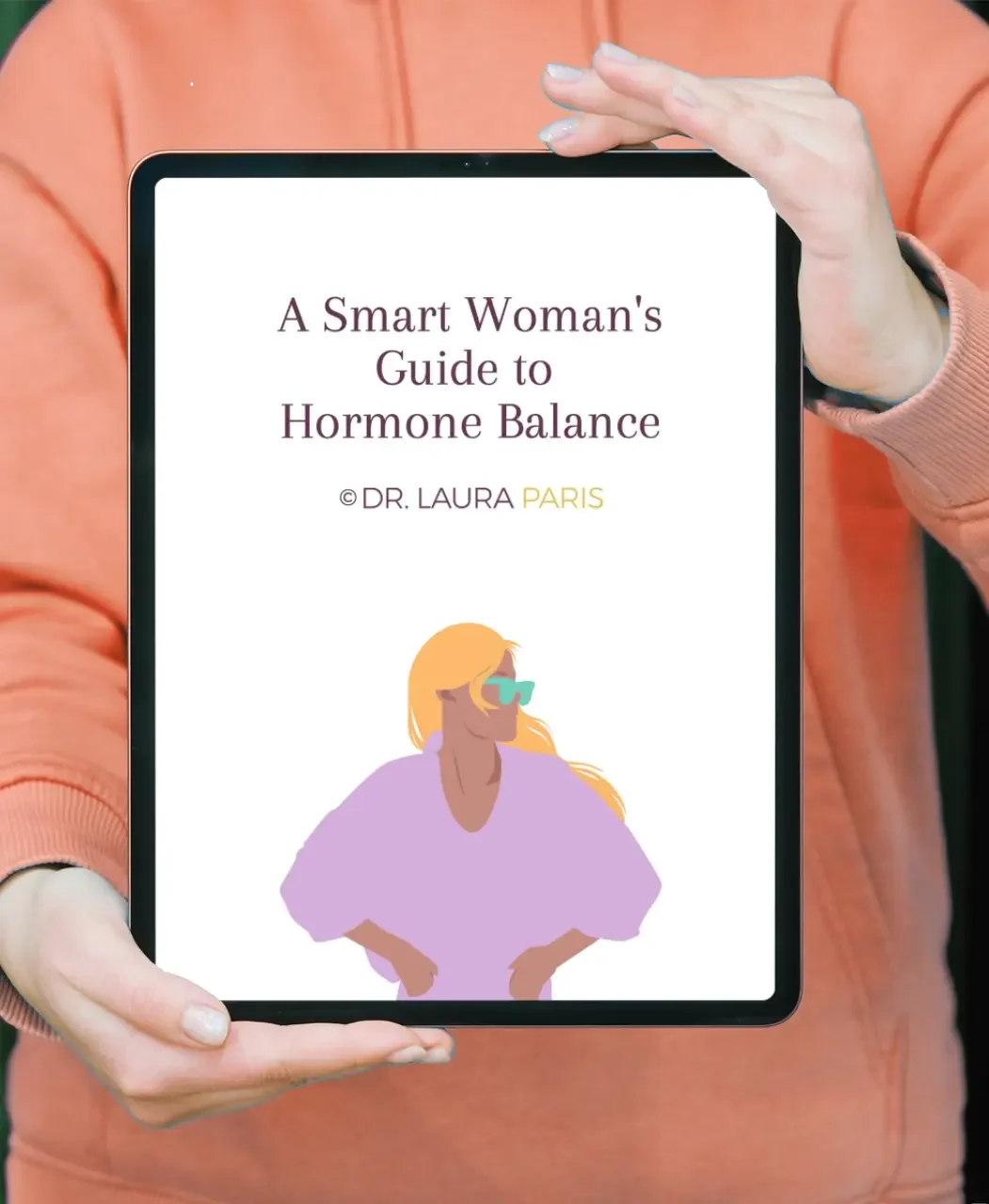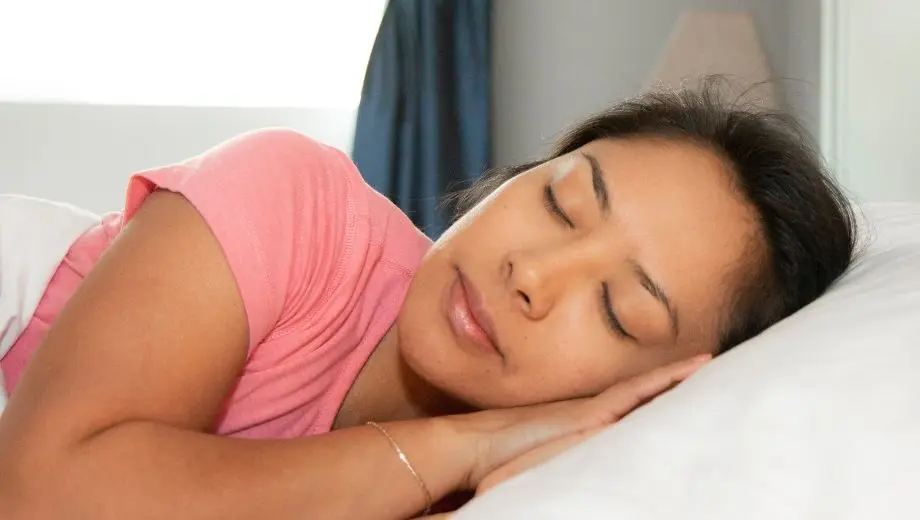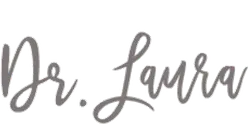
Are you ready to take charge of your health?I help women achieve vibrant health through all phases of life with a personalized, holistic approach.
Sign up for my newsletter and get your Free Gift:
A Smart Woman's Guide to Hormone Balance

Sign up for my newsletter and get your Free Gift:
A Smart Woman's Guide to Hormone Balance

Many women may overlook sleep apnea, assuming it’s a condition primarily affecting men. Yet, sleep apnea is a significant issue for women, especially during perimenopause and menopause. Let’s break down some myths:
Let’s explore the real facts about sleep apnea in women and why you should be aware of it.
Sleep apnea involves episodes of interrupted breathing, ranging from mild to severe, measured by the number of interruptions per hour. It’s one of the top causes of poor-quality sleep and has recognizable symptoms:
Sleep apnea is frequently underdiagnosed in women, often stereotyped as a “man’s issue” or linked to obesity. Yet, recent studies reveal that sleep apnea is more prevalent among women than previously thought. Here are some eye-opening statistics:
If your fatigue or insomnia is due to sleep apnea, no other remedy will solve it—sleep apnea must be directly addressed. If you do have a high BMI and apnea, check out my article Understanding Metabolic Health: A Guide for Women.
When men report fatigue, sleep apnea is quickly considered. But for women, doctors may focus on thyroid issues, depression, or menopause symptoms instead. This gender gap means fewer women are referred for sleep studies and are underrepresented in clinical research. Thankfully, this trend is changing, and awareness is growing.
Women don’t always exhibit the classic apnea symptoms of snoring or observable breathing interruptions. Instead, they may report general symptoms like insomnia, headaches, anxiety, or palpitations. Here’s a breakdown of symptoms that women with sleep apnea often experience:
Women may also experience additional symptoms such as:
Apnea isn’t just about restless nights; it’s linked to severe health risks, including:
For women, taking sleep apnea seriously is a powerful step in protecting overall health. If any of these symptoms sound familiar, consider testing at home or at a sleep clinic. And remember, not all women with apnea require a C-PAP machine—alternative treatments exist based on the severity.
Be proactive about your sleep health, and empower yourself with the knowledge that apnea can and should be addressed, especially during life stages like perimenopause and menopause. To learn more about sleep during this transitional time, read Quality Sleep in Perimenopause: Understanding the Challenges.
I would love to read your comments on this!

Dr. Laura Paris is a women’s health specialist who provides Acupuncture and Functional Medicine care at her two clinics in Capitola and Monterey, California. She also works with women remotely in the United States through telehealth appointments. Learn more about Laura here, and message her directly here.
Click the button to talk to Dr Laura on a 20-minute discovery phone call ($67)
Oh looking forward to the next post!!! I have OSA and also Central Sleep Apnea. I absolutely hate my CPAP and never use it. I know it’s taking a toll on me.
Oh yes Thauna you need your CPAP or another solution! I can see not liking a CPAP! But you need an alternative that works. Next post will be within a week.
Even I was under the impression that sleep apnea is very common only among males. Thanks for busting that impression. Only by being more aware of the existence and symptoms of the problem will we be able to counter
it. Women need to report it more, and if it happens during pregnancy, this might be affecting the child’s health.
I had no idea I had sleep apnea until my dentist in Georgetown, TX mentioned my symptoms sounded an awful lot like those of sleep apnea. After my sleep study, I ended up with a dental appliance which can help reduce my symptoms and even help me breathe better while sleeping! So glad I don’t have to use one of those loud machines!
Very Very informative post! It will be very resourceful and helpful as you already can see.